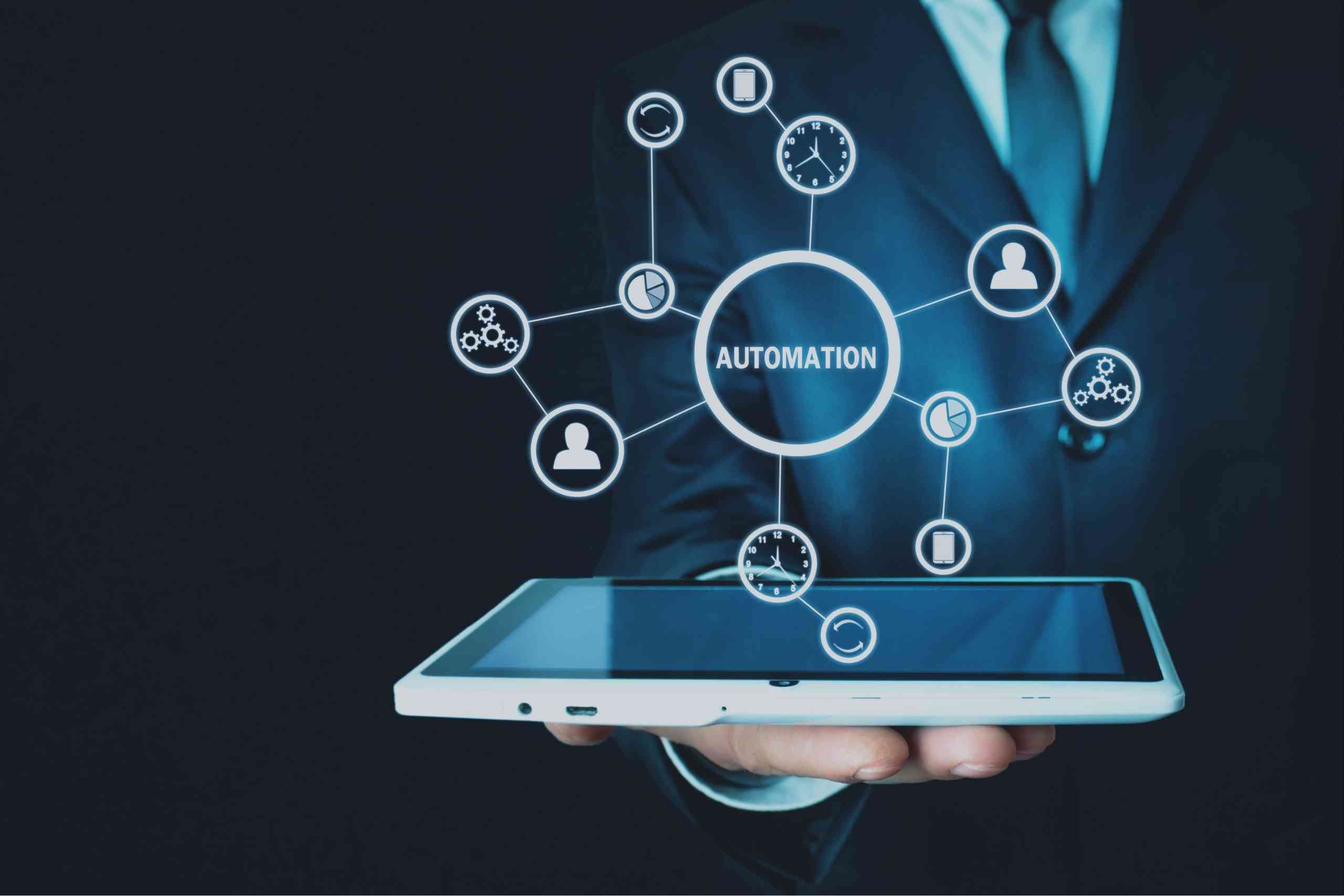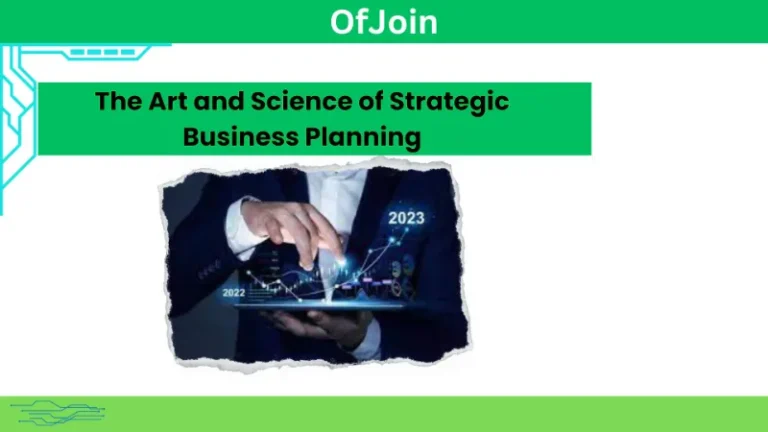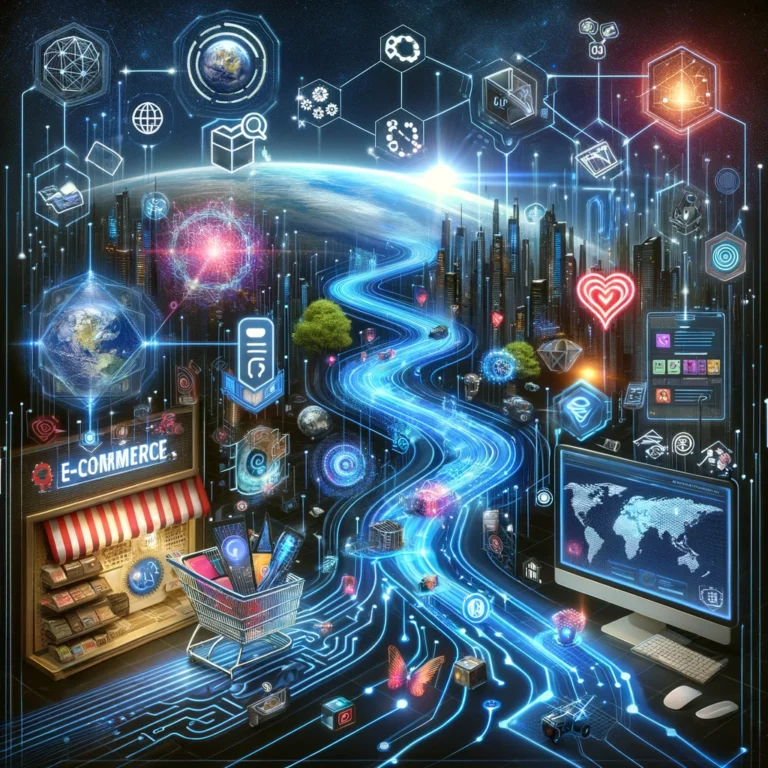The Role of IOT in Business: How the Internet of Things is Changing the Way We Work
The Internet of Things (IoT) revolutionizes business operations. It enhances efficiency, productivity, and decision-making processes.
IoT connects devices, systems, and services, creating a network of smart interactions. Businesses leverage IoT for real-time data collection, leading to more informed decisions. This connectivity enables automation, reducing manual tasks and errors. Enhanced monitoring and maintenance capabilities cut costs and downtime.
IoT also drives innovation, offering new business models and services. With improved customer insights, companies tailor products to meet specific needs. Security and privacy remain crucial, but advancements are continuously being made. IoT’s impact on business is significant, transforming industries and setting new standards for efficiency and customer satisfaction. Embracing IoT is essential for staying competitive in today’s digital landscape.
Iot In Modern Business
IoT is changing how businesses operate. Companies use smart devices to collect data. This data helps improve efficiency. Smart sensors track inventory levels. Connected machines monitor performance. Businesses can make better decisions quickly. IoT helps cut costs and boost productivity.
Many industries benefit from IoT. Manufacturing uses IoT for smart factories. Healthcare tracks patient health with connected devices. Retail uses IoT for smart shelves. Transportation uses it for tracking vehicles. Agriculture monitors crop health with sensors.
Enhancing Operational Efficiency
IoT enables smart machines to talk to each other. This reduces manual work. Machines can perform tasks on their own. Sensors help machines understand their environment. This leads to accurate decisions. Businesses save time and money. Production lines become faster. Errors decrease. Human intervention is less needed.
IoT devices collect real-time data. Businesses get instant insights. Quick decisions can be made. Data helps in predicting trends. Problems are detected early. Downtime is reduced. Customer behavior can be analyzed. Better services are offered. Data is a powerful tool.
Improving Customer Experience
IoT devices collect data about customer preferences. This data helps businesses offer personalized services. Customers feel special and valued. Personalization leads to customer loyalty. Happy customers often come back. They also tell others about the good service.
IoT devices gather feedback from customers. Businesses use this feedback to improve their services. They fix issues quickly. Feedback systems help in understanding customer needs better. This leads to more satisfied customers. Continuous improvement keeps customers happy.
Supply Chain Optimization
IoT devices help track inventory in real-time. This leads to better stock management. Businesses can reduce overstocking and avoid stockouts. Sensors and RFID tags provide accurate data. This data is crucial for decision-making. Enhanced visibility means fewer errors. Companies save time and money.
IoT sensors monitor equipment health. They predict failures before they happen. This helps in scheduling maintenance. Businesses avoid unexpected downtime. Machines run smoother and longer. Predictive maintenance saves costs. It improves efficiency and productivity.
Security And Compliance
The Internet of Things (IoT) connects many devices. Each device collects data. This makes data protection very important. Strong security measures are needed. Encryption helps keep data safe. Only authorized people can access the data. Regular updates are also necessary. This helps protect against new threats.
Many industries have regulatory requirements. These rules ensure data privacy. Companies must follow these rules. Non-compliance can lead to fines. It can also harm a company’s reputation. Audits help check compliance. Regular training for staff is also important. This keeps everyone informed about the rules.
Future Trends In Iot
New technologies are making IoT better. 5G networks offer faster speeds and lower delays. Artificial Intelligence (AI) helps devices learn and improve. Edge computing processes data closer to where it is created. This makes IoT systems quicker and more efficient. Blockchain adds extra security to IoT networks. These technologies work together to make IoT more powerful.
IoT faces some challenges. Security is a big concern. More connected devices mean more chances for hackers. Data privacy is also important. Companies must protect user information. Interoperability is another issue. Different devices and systems need to work together. Cost can be high for small businesses. Keeping IoT systems updated is important. Each of these challenges needs careful planning.
Conclusion
IoT is revolutionizing business operations, offering new efficiencies and insights. Companies adopting IoT see improved productivity and innovation. Embracing IoT technology is essential for staying competitive. As IoT continues to evolve, its impact on business will only grow, providing even more opportunities for advancement and success.







